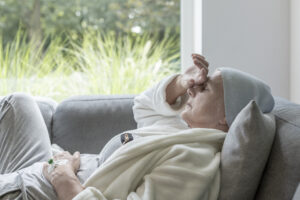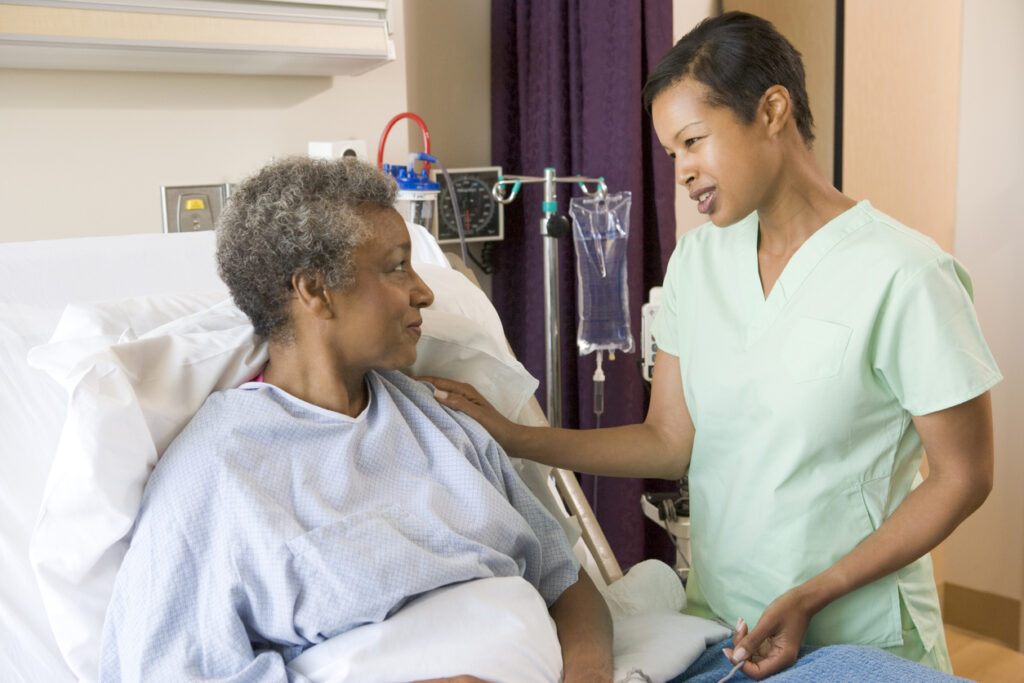The coronavirus is spreading at an alarming rate here in the U.S. which means nursing homes need to be taking all precautionary measures to reduce the chances of residents contracting the virus. The Centers for Disease Control and Prevention (CDC) has warned that older adults and those who have serious chronic medical conditions such as heart disease, diabetes, or lung disease are at a higher risk of getting extremely sick from the coronavirus. Therefore, it is especially important that the facilities that cater to our aging population are doing all that they can to protect them from all the harmful viruses that currently pose as a threat to them.

What are the new guidelines that are being set for nursing homes in Illinois?
Given how aggressive the coronavirus is, Governor J.B. Pritzker announced new staffing procedures and visitor restrictions that shall be implemented at state-run nursing homes. During a morning news conference, Pritzker expressed how concerned he and others are about senior facilities which is why he is putting the following guidelines into place:
- Healthcare workers who are employed at a state-run facility will now be checked prior to their shifts to ensure sure they are not sick.
- The state is also discouraging any family members who are under the age of 18 from coming to visit their relatives in a nursing home. The CDC has stated that COVID-19 can spread from one person to next when they are within six feet from one another. It can also be spread through “respiratory droplets produced when an infected person coughs or sneezes.” Given how easily the virus can be contracted, it is best that nursing home residents do not come in contact with anyone who is displaying symptoms or is likely to have contracted it.
One facility, ManorCare in Homewood, has also begun limiting who can visit the facility. The news source says that only when certain circumstances are present such as end-of-life situations or when “a visitor is determined to be essential for the patient’s emotional well-being as determined by the interdisciplinary team” can they come and visit a resident. Greg Kelley, who is the President of SEIU Healthcare Illinois says that there are about “100 different nursing home facilities that our members work at, so you will see some variation in the ways owners are approaching it.”
While it is important for those who are sick to avoid visiting a nursing home until their symptoms have subsided or until they have been cleared by a health care professional, it is also essential for staff members to have all that they need to properly care for the vulnerable residents who are living inside these facilities. Kelly acknowledged how important it is for staff members to have things like masks and gowns so that they are able to effectively protect residents. He also went on to say that it is also necessary for workers to receive paid sick leave as “it would help immensely in the spread against disease.
Right now, “workers who are quarantined because of coronavirus exposure would not be paid for most of the 14 days.” Kelly went on to explain that “for low wage workers, you miss one day of pay, you’re talking about potential disaster. Although missing work is going to be a challenge for some, it is crucial for anyone who is displaying signs of illness, including workers, to refrain from visiting a nursing home as those living there could contract it and suffer in a much more serious way.
Protecting Your Loved One from Neglect
Although nursing homes are limiting who they allow inside their facilities to help aid in the prevention of the virus, that doesn’t mean you shouldn’t keep close contact with those who work there. During this time, it is likely many nursing homes across the U.S. are becoming understaffed as a result of the coronavirus. This means there aren’t enough workers available to tend to the number of residents who are living there.
Should a resident contract the coronavirus, they are going to need intensive care immediately upon displaying symptoms which means there is no room for understaffing. Therefore, our Chicago, IL nursing home neglect lawyers do recommend that you contact the facility regularly to better understand the guidelines staff members are following to ensure your loved one is safe and will receive the medical attention they need should they become ill. If you suspect at any point that the staff at your loved one’s Chicago nursing home isn’t providing them with the care and protection they need, please contact Dinizulu Law Group, Ltd. so that we can guide you in addressing the problem.
You can contact Dinizulu Law Group, Ltd. at:
221 North La Salle Drive, Suite 1100
Chicago, IL 60601
Phone: 1-312-384-1920
Website: www.dinizululawgroup.com



